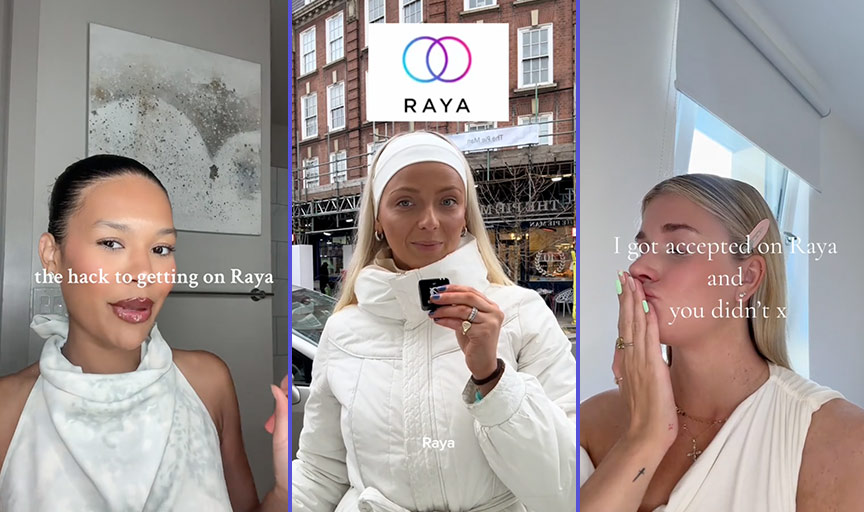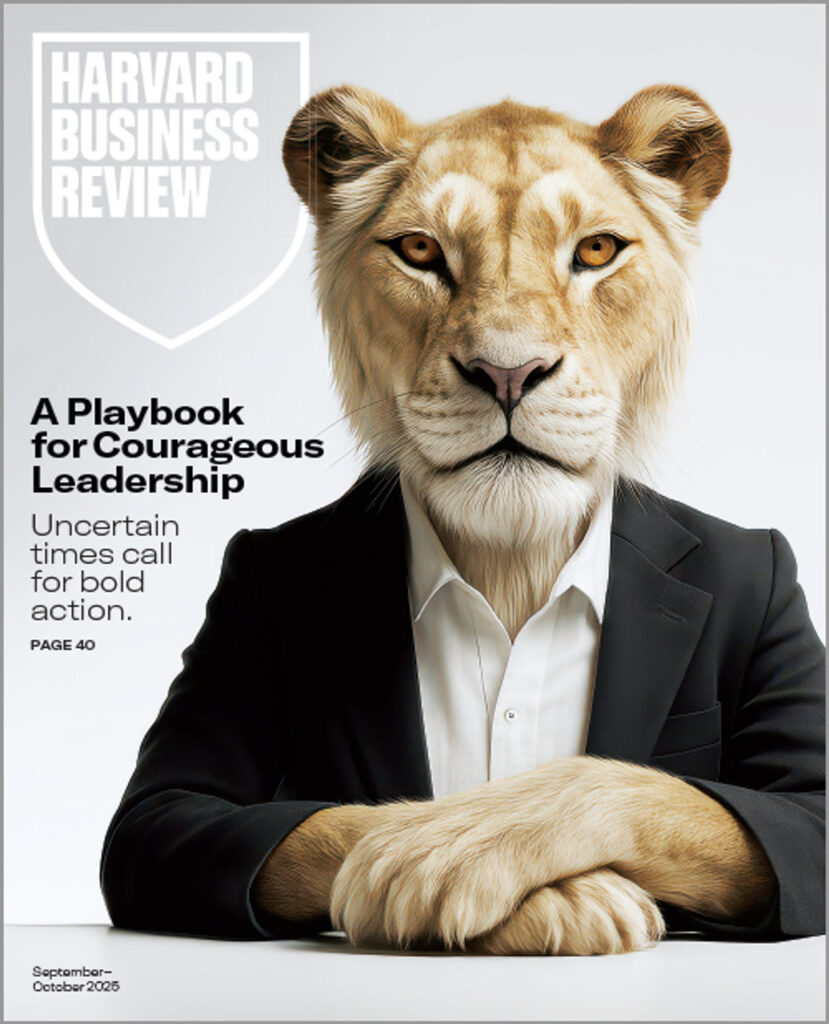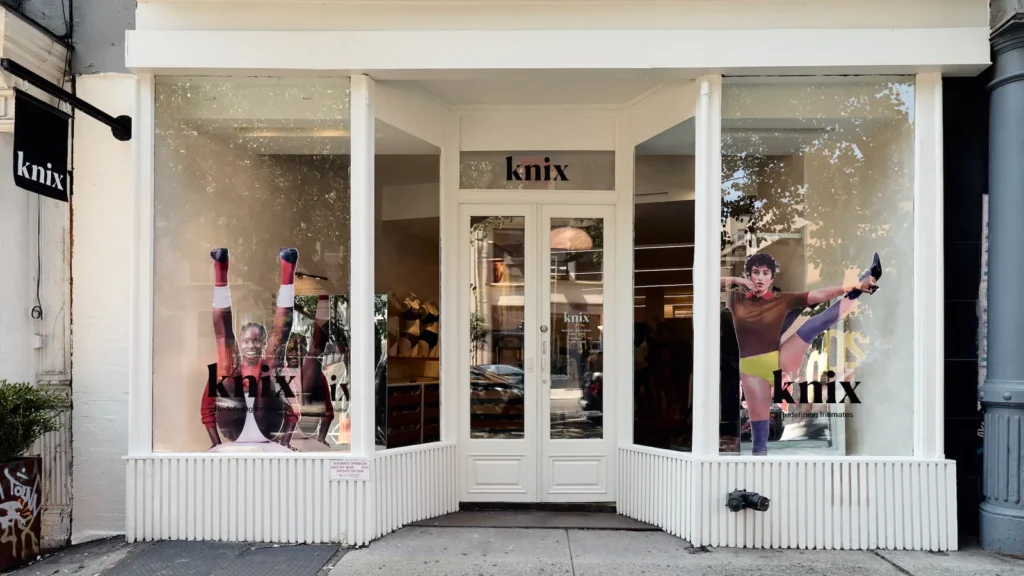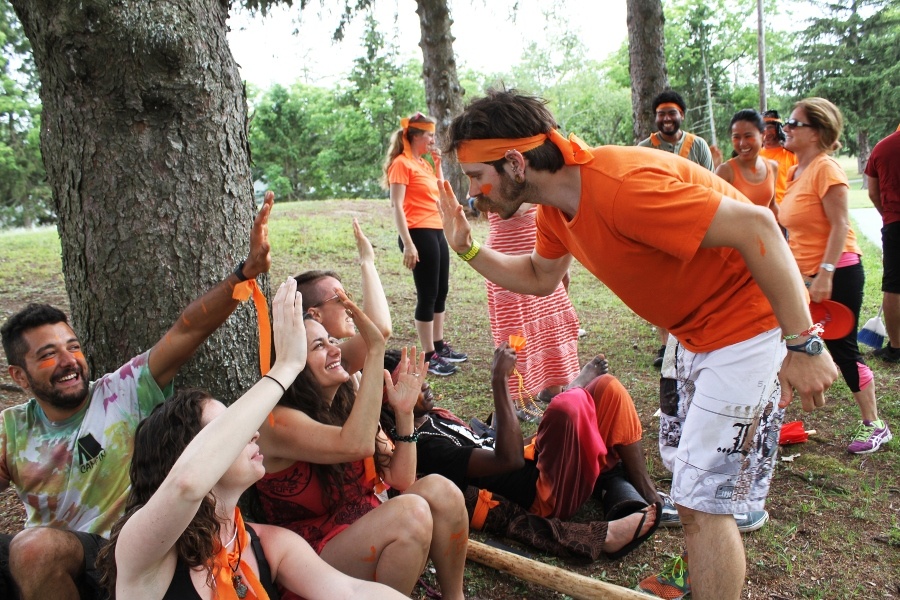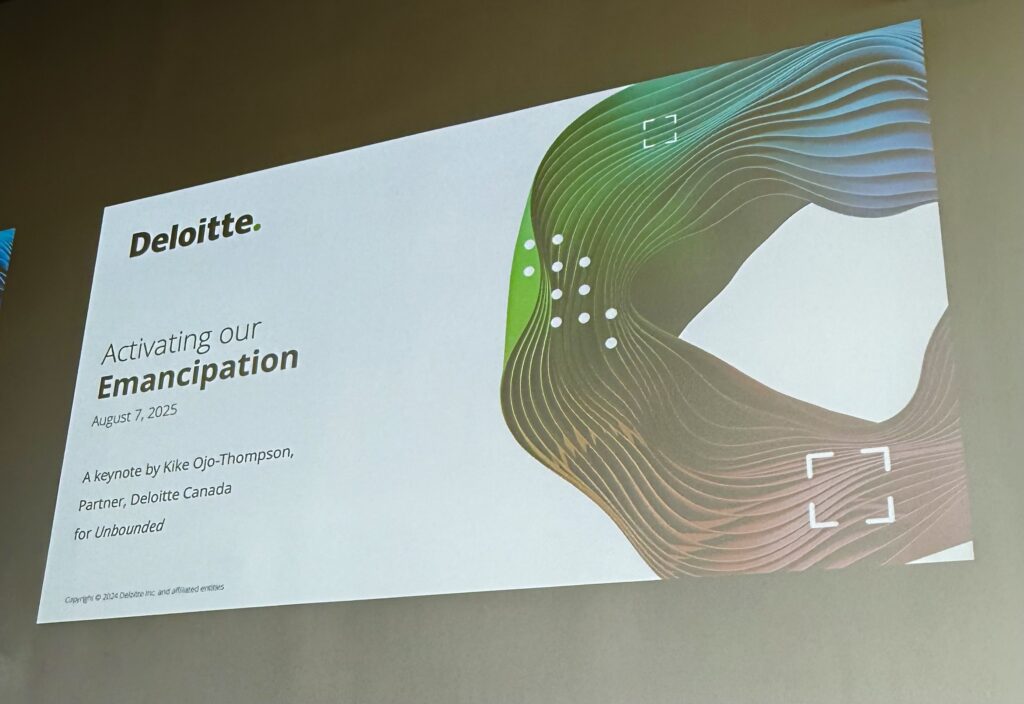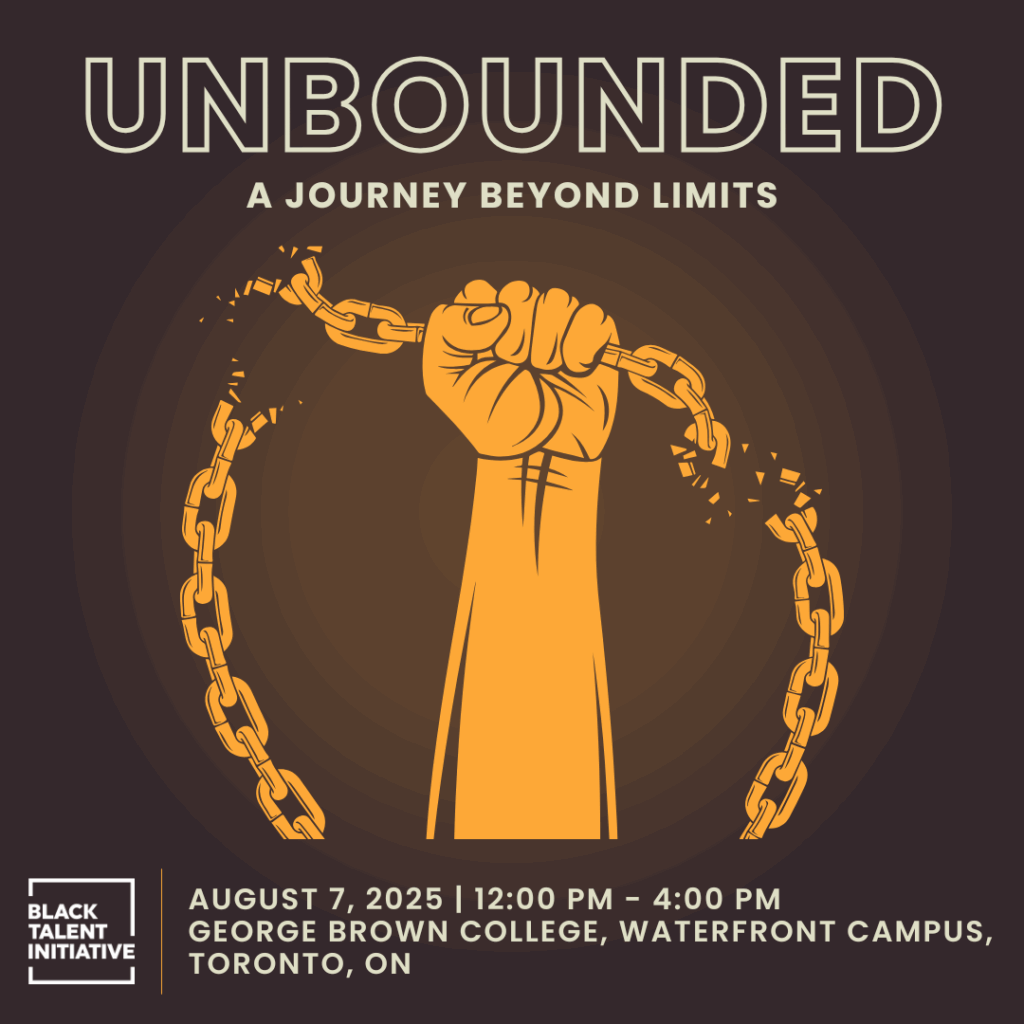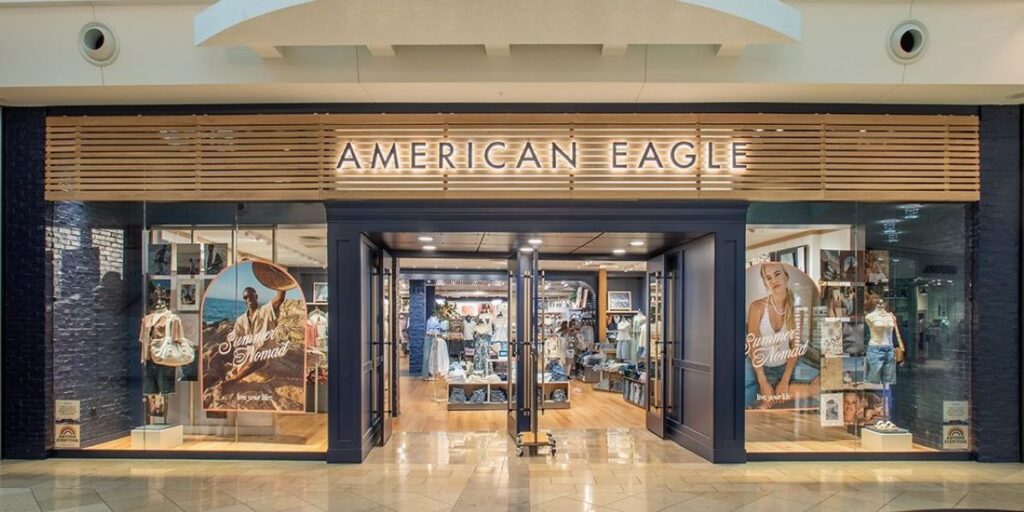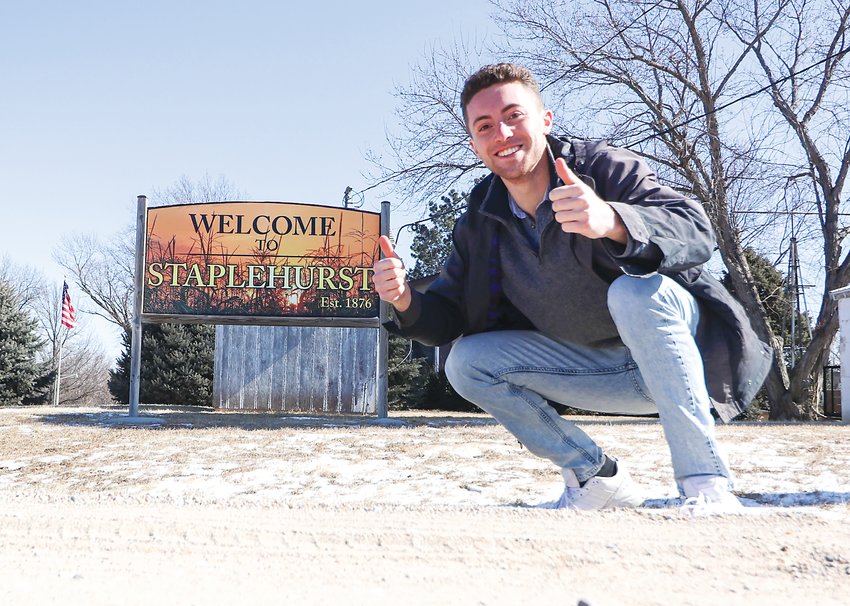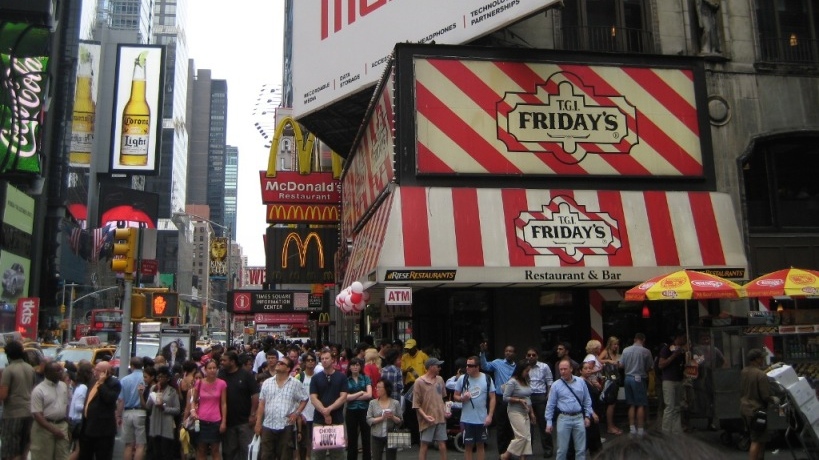Every NFL Team Should Play One Game a Year Overseas
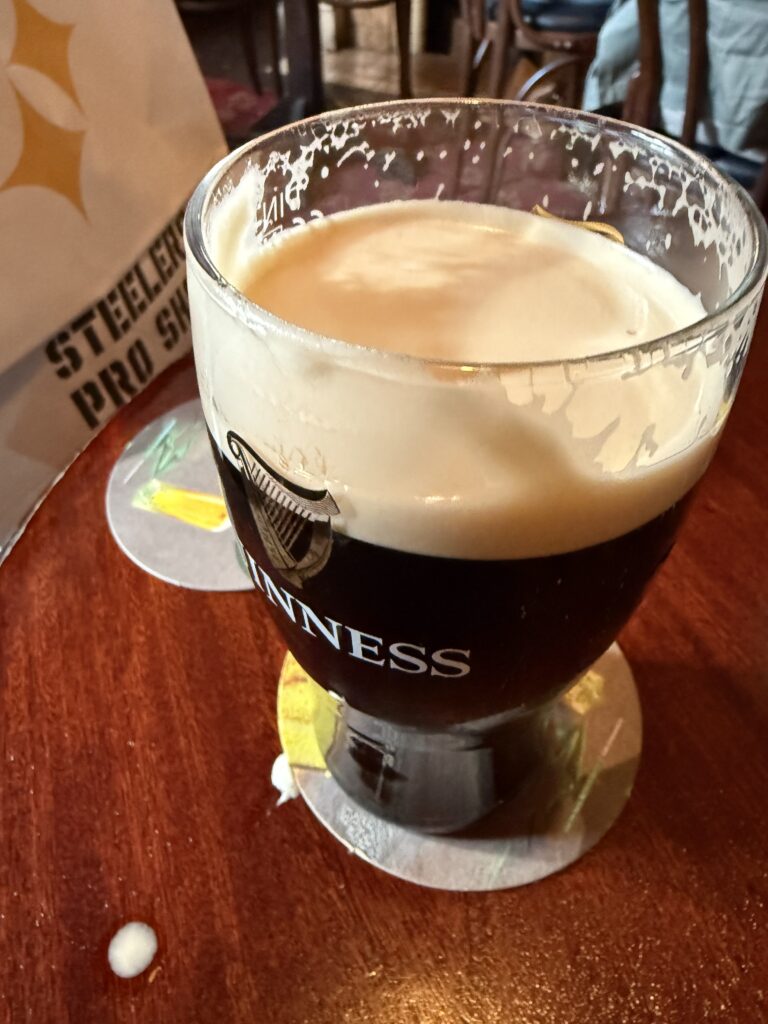
The National Football League has a unique opportunity to be the global envoy that the United States surely needs right now. Evidently, American Ryder Cup fans aren’t interested in taking that mantle on.
During my weekend trip to see the Steelers down the Vikings at Croke Park in Dublin, this shocking contrast was stronger than a freshly poured Guinness.
To clarify, if you don’t know me, I am a sharp-elbowed Canadian. During my trip, I was quick to correct every person who assumed I was from south of the border. Immediately, the conversation with whomever I was talking to went one of three ways.
If the person I met was American, they usually jumped into a quick apology and told me how much they love Canada and Canadians. A few of them whipped out a story about visiting a festival in Montreal, underage drinking somewhere along a border town, or how clean Toronto is. Next, they grilled me on why I was a Steelers fan and were shocked when they found out how many times I have been to Pittsburgh.
If the person I met was European, they simultaneously breathed a sigh of relief and then proceeded to grill me on why the American golf fans were so mean to their Ryder Cup team. That was usually followed by a series of comments about the red, white, and blue country that are unfit for print.
If the person was Irish, they then told me more stories than I could count about their heritage, their education system, current economic stability and why I should return to see a Hurling or a Gaelic football match. Most of the Irish were amazing, save for the cabby who almost ran us over and then jumped out of his car to threaten us all with death by fist after we yelled at him about our near-death by bumper. Oh, and the jerks who jumped the Steelers’ backup QB and sent him briefly to the hospital weren’t so nice either.
However, in equal proportions, the NFL pulled out all the stops to stage a Super Bowl-like spectacle (minus the outrageous ticket prices), and the Irish opened their doors to visitors from around the world, similar to hosts of a World Cup match.
Therein lies the opportunity for the NFL. This year, the league is staging seven international games, including Madrid, Dublin, São Paulo, and Why stop at seven? Why not sixteen? Especially while the league has this odd-numbered season of seventeen games.
Imagine if every fan base had one international game each season. The business reasons are apparent, as these events would increase international fans, sponsors, and media exposure. Yes, there is a significant cost for the fan, but these games feel special, and it would give every team its own Super Bowl to attend.
Beyond the business benefits and the delighting of fans, these events have a diplomatic window.
Americans tend to travel abroad less. Nearly three-quarters of Canadians hold passports; for American adults, it is less than half. Going to these countries would allow more Americans to understand new cultures and diverse perspectives. Similarly, these events enable host citizens to make lifelong connections with Americans. Perhaps at future Ryder Cups, the Americans who have been to Northern Ireland may think differently about throwing a beer at the wife of the star golfer from that country.
I am not the first person to suggest that sport can reap international diplomacy benefits. I am also not the first to admit that sport only goes so far in creating global harmony. That said, this isn’t a sport I am suggesting here, but instead the NFL sharing one of their most excellent American products, tackle football, with a world eager to be amazed by this exciting game, its massive stardom, and its engaging experiences.

